Making Neuroimaging Accessible to All
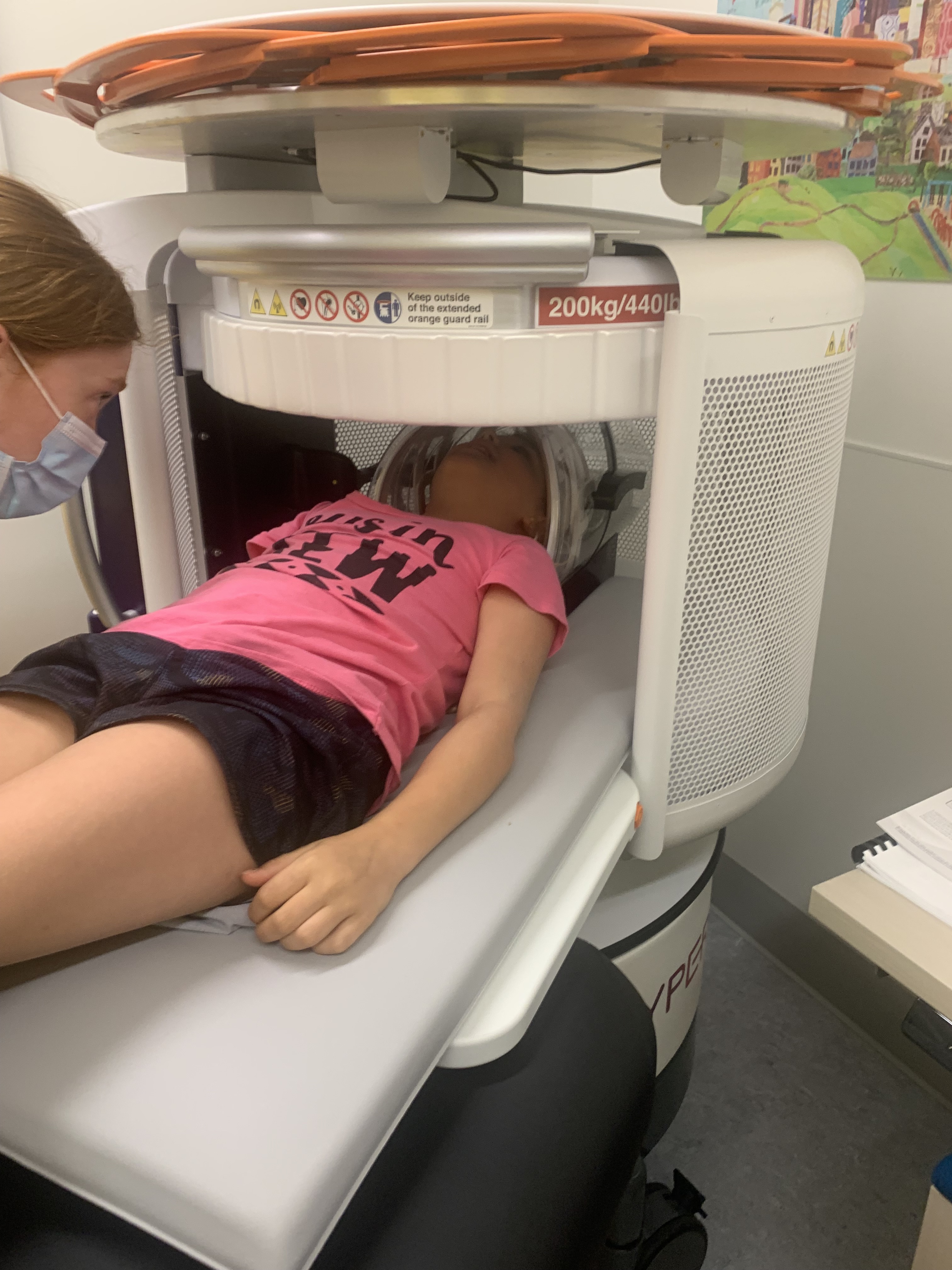
What if getting a brain scan were as easy as getting x-rays at your dental checkup? What if more scientists could ask and answer questions about how brains change as people grow? What if we could bring scientific studies to communities that are often left out? In this research study, we are exploring how a more affordable and accessible neuroimaging technique–low-field MRI–can be used to help understand neurodevelopment and provide information about risk for psychiatric disorders. We’re comparing brain scans from the low-fieldMRI machine to scans from the expensive, traditional machines. If you’re between the ages of nine and 26 and you’d like to help us learn more about brains and how we can best study them, email nerdlab@childrens.harvard.edu or call us at 617-919-4126.
ENIGMA Clinical High Risk for Psychosis Working Group
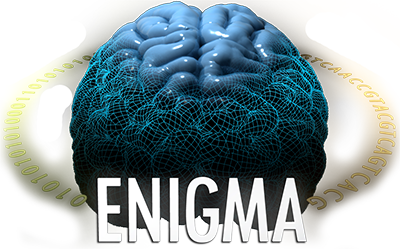
The goal of science is to discover and share knowledge. It’s a collaborative effort over years and across continents. This is why the Enhancing Neuro Imaging Genetics through Meta-Analysis (ENIGMA) Consortium is so exciting! The ENIGMA Consortium embodies that spirit of multinational sharing and long-term cooperation to better understand the human brain and genome.
Together, with co-chair Dennis Hernaus, Ph.D. from Maastricht University, NeRD lab director Maria Jalbrzikowski, Ph.D., leads the ENIGMA Clinical High Risk for Psychosis Working Group. We study people who are at Clinical High Risk (CHR) for psychosis. Help-seeking individuals who present with sub-threshold psychotic symptoms, but do not meet diagnostic criteria for a psychotic disorder, are considered at CHR for developing psychosis. Sites in our working group contribute collected data from a study involving CHR individuals. We pool together the data to answer questions about the brain structure and function of this group with more power than any single study ever could on its own. If you are a researcher who has collected neuroimaging and clinical data from CHR participants and are interested in joining the Working Group, please send an email to maria.jalbrzikowski@childrens.harvard.edu.
Dreem Sleep Study
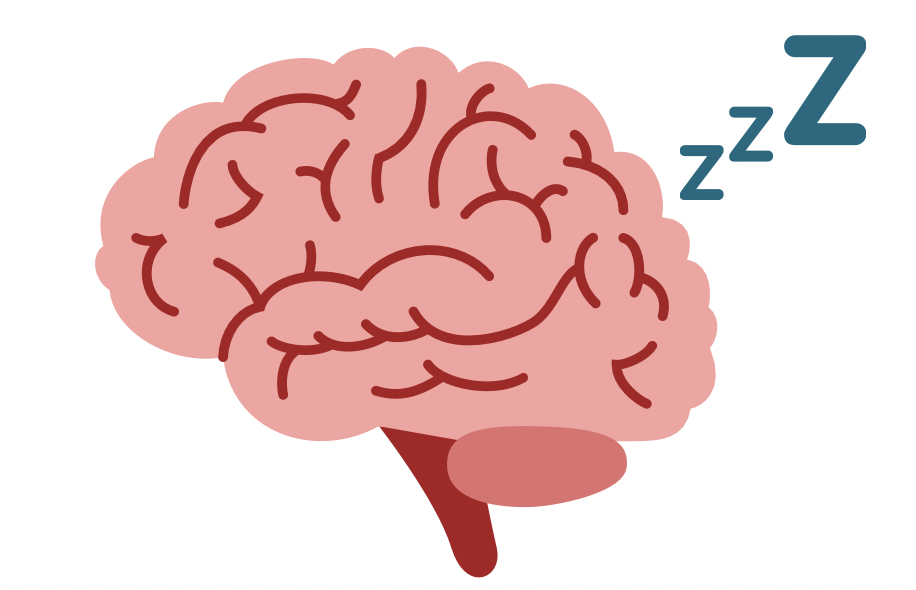
Did you know that sleep changes as you grow and age, just like your height and weight? Until recently, scientists could only use specialized equipment in sleep labs to study those changes. That meant asking people to sleep in an unfamiliar setting, which might not reflect how they normally sleep. It was also expensive and difficult to get enough data to answer important questions. We’re using an exciting new technology (Dreem Neurobands) to see if we can get the same results as those fancy labs while letting people sleep at home, in their own beds. If you are between the ages of nine and 26, contact nerdlab@childrens.harvard.edu or call 617-919-4126 to find out if you can help us move science forward through sleep!
Using Electronic Health Records to Identify Youth at Greatest Risk for Severe Psychiatric Disorders
It can be hard to tell which people are at risk for specific mental health conditions; often, we rely on subjective reports and the clinical judgment of skilled providers. But what if we could combine those signs with observable markers that are already in medical charts, to get a more meaningful risk prediction? What if we could intervene earlier to get people the care they need? We’re using electronic health records to see if people who seek treatment for self-harm are more likely to develop psychotic or bipolar disorders. We are also testing if other information in a medical record can help us predict who will go on to develop psychosis or bipolar disorder. We are hoping this information will help us provide early identification and support to the people who need it most.
The Relationship between Digital Phenotyping and Psychiatric Symptoms in 22q11.2 Microdeletion Syndrome
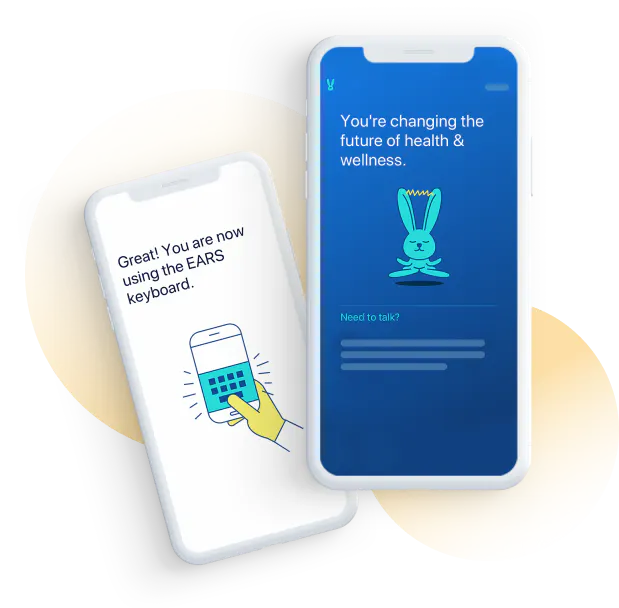
Do you own and use a smartphone? Did you know that data already being collected by your phone may relate to psychiatric symptoms? In this study, we are using a mobile app to understand how our day-to-day experiences – how much we move, the words we use, the music we listen to – relate to changes in mood and psychiatric experiences. We are particularly interested in understanding how we can use this information to best help individuals with 22q11.2 Microdeletion Syndrome. If you are between nine and 26 years old, have a mobile device, and are interested in learning more about this study, please contact us at NerdLab@childrens.Harvard.edu or 617-919-4126.
The Early Psychosis Investigation Center (EPICenter)
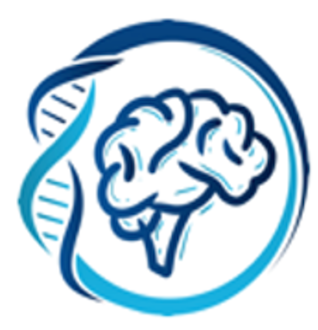
The EPICenter is dedicated to identifying the root causes of early onset psychosis, improving treatment options and outcomes for patients and their families. We are a collaborative group of scientists and clinicians working with children and young adults with psychotic symptoms, like delusions (false beliefs) and hallucinations (seeing or hearing things that others do not see or hear). The EPICenter is family focused so parents, siblings and extended family are welcome to participate as well. In our research program, we collect a variety of information about clinical symptoms, behavioral outcomes, and neuropsychological functioning along with biological samples in an effort to identify the underlying mechanisms that predispose psychotic symptoms. At the EPICenter, we envision a future where early detection and better treatment results in fewer children, adolescents and young adults suffering from psychosis.
